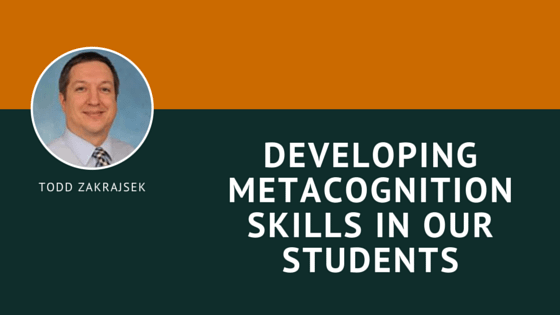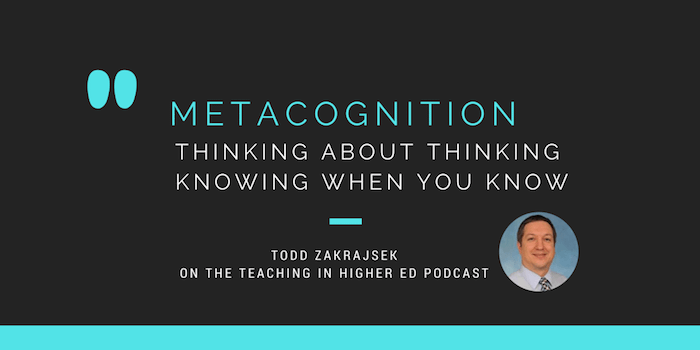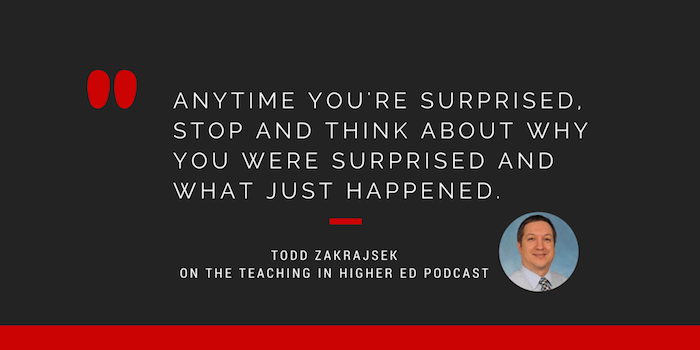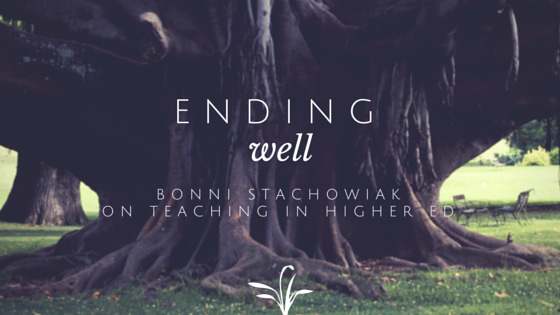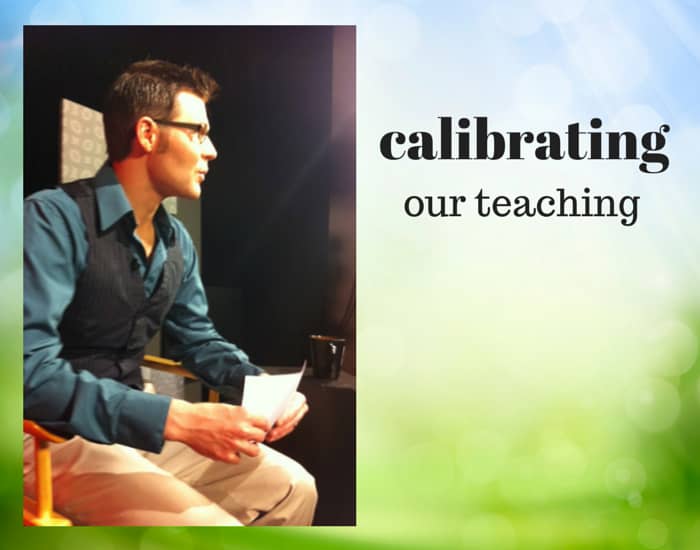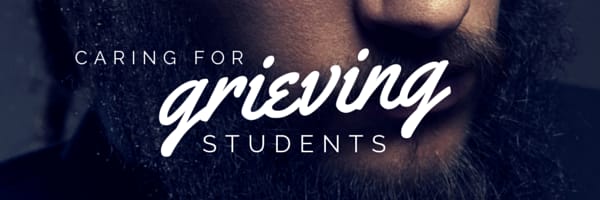Scott Self and Bonni Stachowiak share how they each integrate Evernote into their classes and workflows. Even if you aren't an Evernote user, you're bound to pick up a few tips.
Podcast notes
Guest:
Director, University Access Programs, Abilene Christian University
The landscape of options for notebook-type applications
- Microsoft OneNote
- Writing-specific applications, such as Ulysses or Scrivener
- Circus Ponies Notebook
Guidance on maximizing the value of course assets
- Linking smart post
- LMS – keep the course assets out of it
Creating collaborative learning environments with Evernote
- Use it in a uni-directional way, not necessarily a conversational tool…
- Classroom becomes a kind of conversation around learning
- Scott gives students the unique, Evernote email address to send notes to the class-specific evernote notebook
- He sets permissions up so that he’s the only one who can edit the notes in the notebook – read-only
Getting started with Evernote
Scott’s posts
We both recommend
Big advantages of Evernote
- Easy capture
- On iOS – text, audio, sticky notes, documents (auto-size), photo
- Web clipper
- Drafts – iOS app – start typing
- Email – lots of tricks to organize when you send
- Search capabilities
- Integration with other apps and services
- Keeps one’s course out of the LMS environment – the instructor should own the material, not the LMS
Our advice
- Grow with it (start with the basics and go from there)
- Keep folder structure simple
- Bonni uses just reference, work, and personal, along with a shared notebook and a couple required ones that store my LiveScribe pencasts
- Scott has only a few notebooks. I do have one for each section of a course that I teach so that I can share lecture notes, resources, and “FYIs” with my students.
- As a “Premium” user, we have access to the “Presenter” view. Scott says:
Students see my lecture notes in a clear and uncluttered presentation, and have access to the information in the shared notes. I prefer that students take notes about the lecture – rather than copying down what’s on the screen.
- Use tags when you would have normally used a folder. Scott says:
Yes! The search function is so powerful, it is often faster to search for a note than to navigate through a tree of folders
- Capture whiteboard brainstorms in meetings (will recognize your handwritten text). Scott says:
My students with disabilities have become infamous on campus for snapping pictures of whiteboards. This saves time (and frustration for the students with learning disabilities), and the snaps can be annotated.
- Use the inbox for quick capturing and have an action in your task management system to process it however regularly you need to… Scott says:
This can be done very quickly, since you can select a number of notes and bulk process them (tagging, merging, or sending to a notebook)
When you get really geeky with Evernote
- Automate agendas in Evernote
- Use Drafts app to prepend / append notes on a given topic (our kids’ “firsts” notes, research ideas)
- Use TaskClone to capture and sync to dos with your task manager
- Katie Floyd’s Article on Evernote and Hazel
- Save Kindle highlights into Evernote
Recommendations
Scott recommends
Bonni recommends
Closing credits
Celebrate episode 50 with us!
Please call 949-38-LEARN and leave a message with a take-away you've had from listening to Teaching in Higher Ed, and a recommendation.
